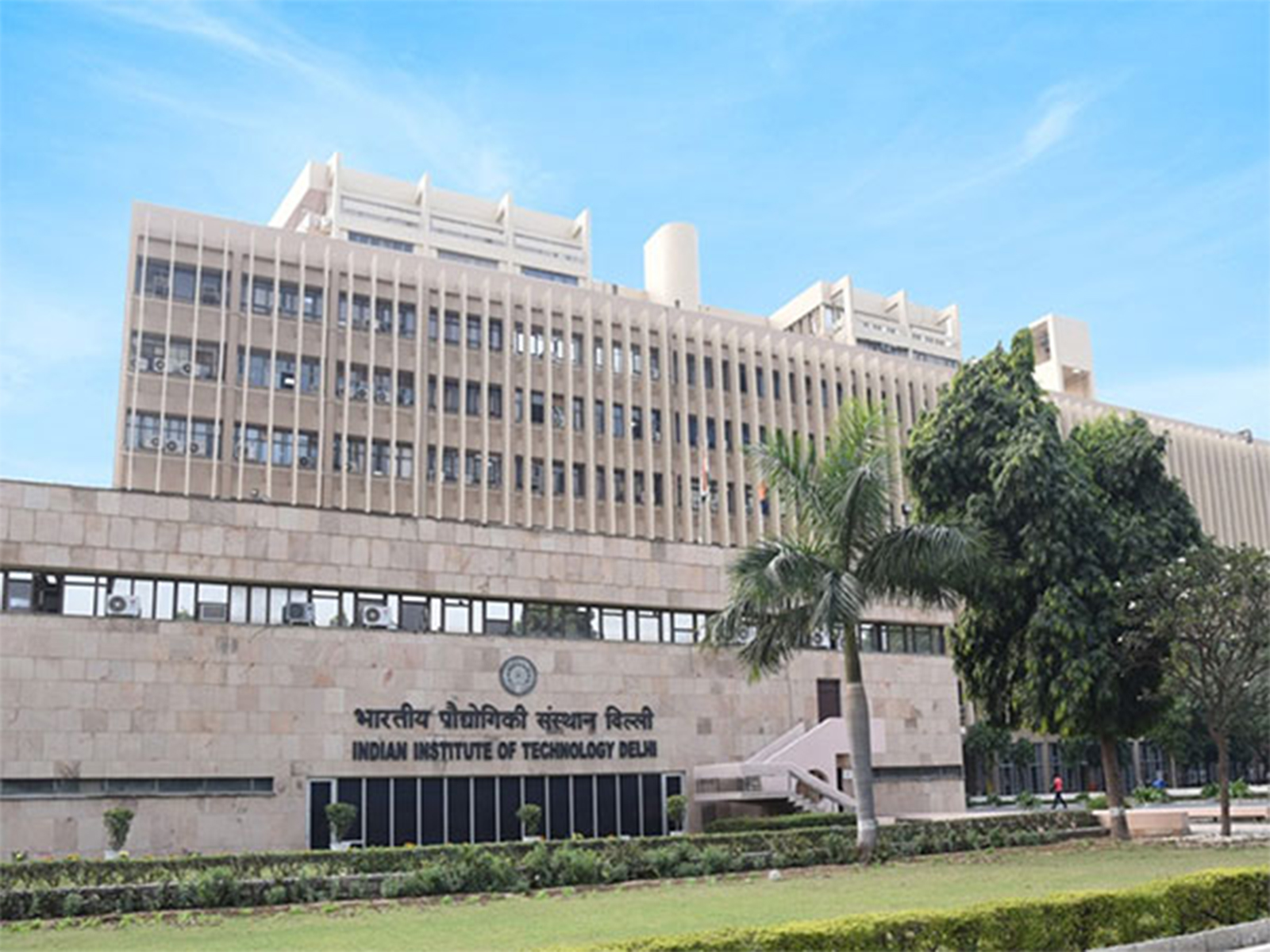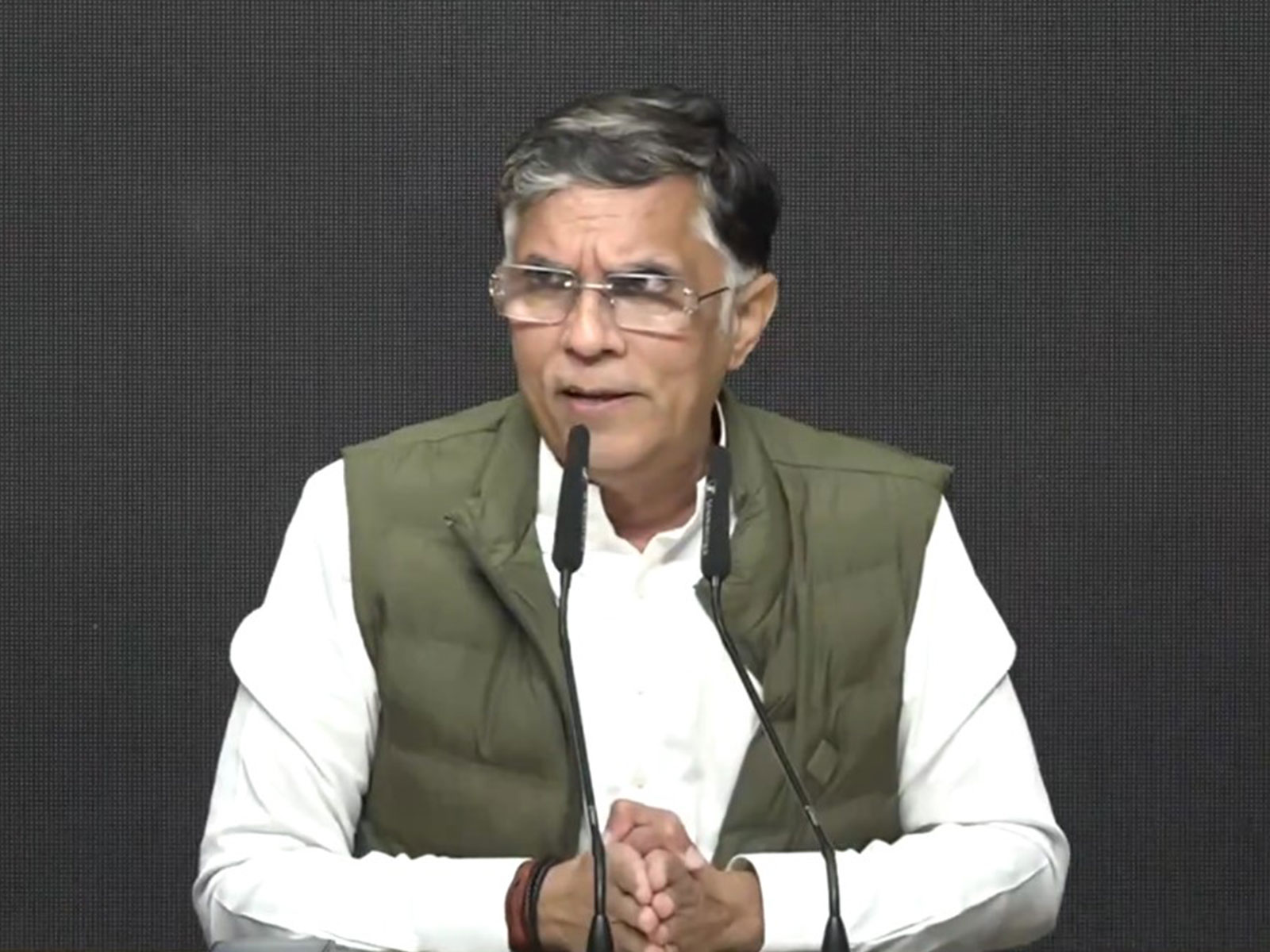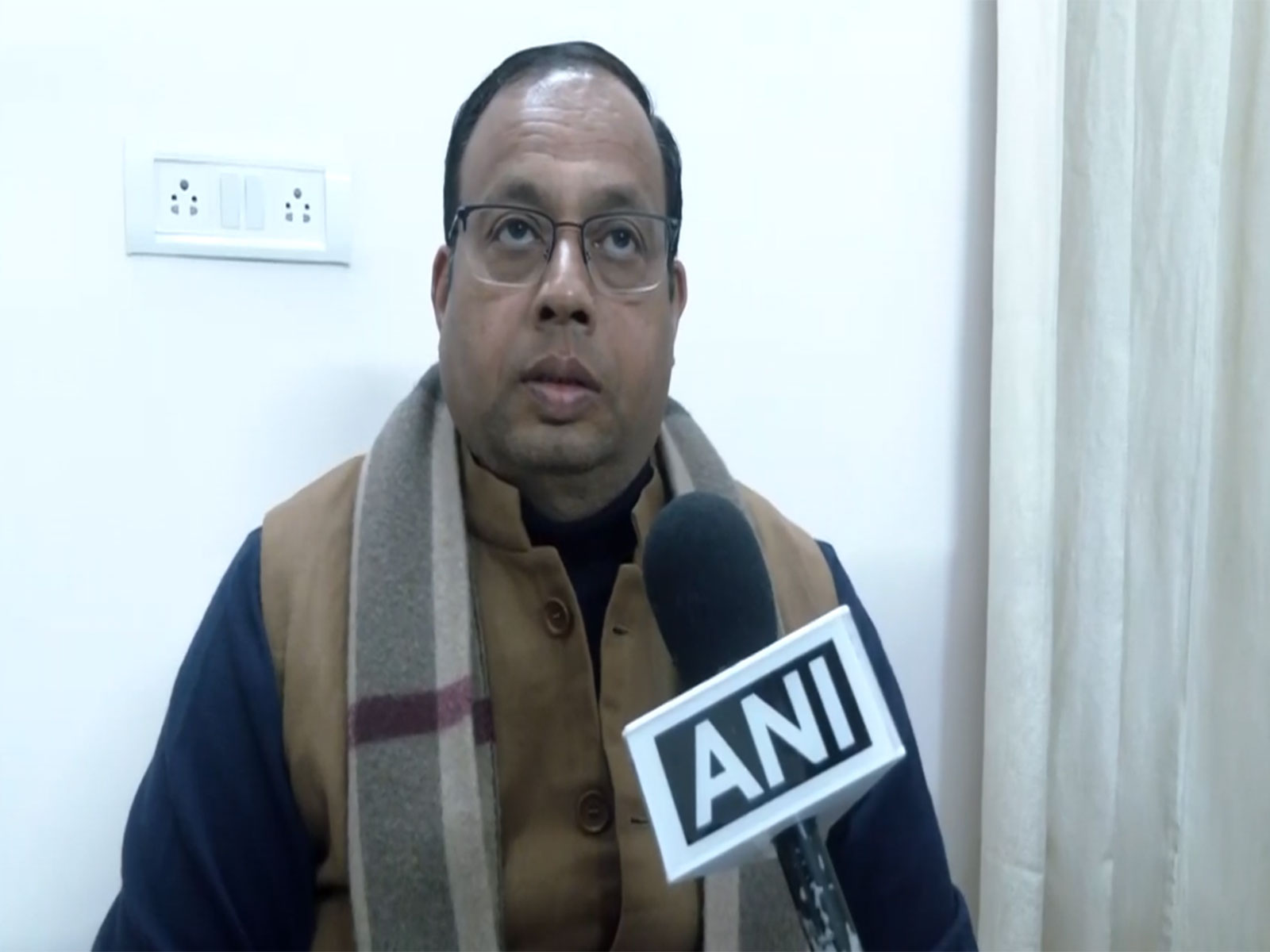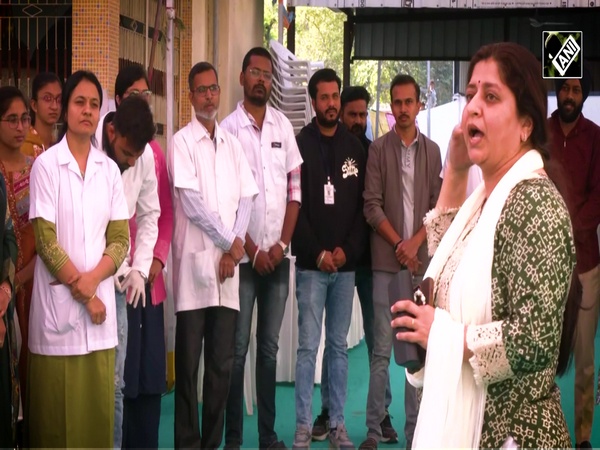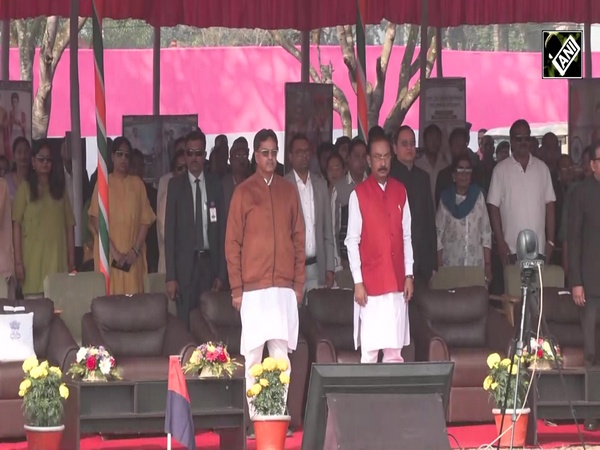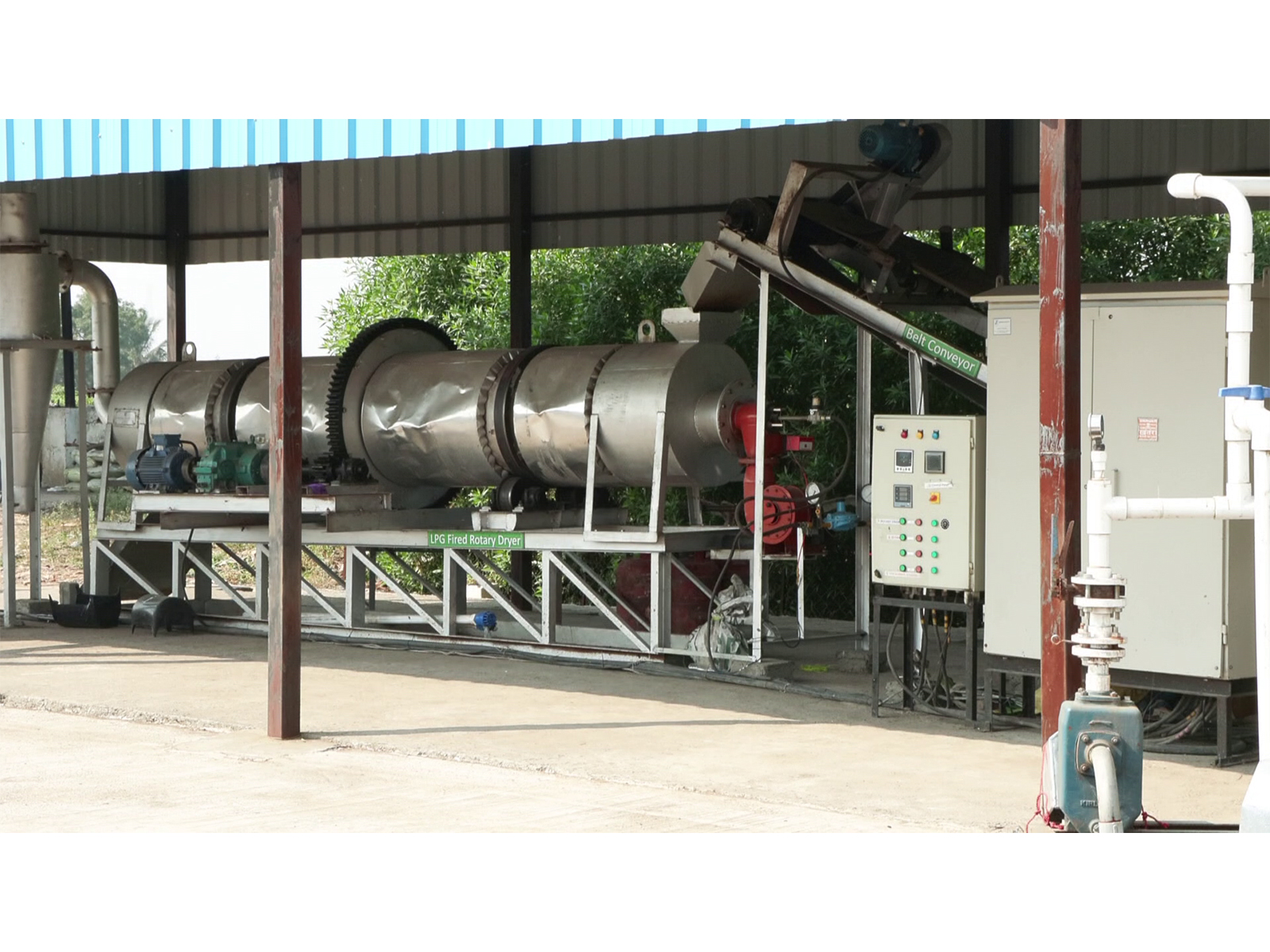
High-tech sludge system transforms Chandrapur's sanitation drive
Nov 26, 2025
Chandrapur (Maharashtra)[India] November 26 : In a major step towards improving urban sanitation and environmental management, Chandrapur district in Maharashtra has introduced a high-tech sludge management system developed by the Council of Scientific and Industrial Research-National Environmental Engineering Research Institute (CSIR-NEERI).
The innovation, supported by the Department of Science and Technology (DST), Government of India, marks a significant advancement in sustainable waste processing and hygiene improvement.
The newly launched Mechanical Dewatering and Drying System has been successfully trialled and officially handed over to the Chandrapur Municipal Corporation. This state-of-the-art setup is designed to process faecal sludge collected from septic tanks through a scientific and energy-efficient method. It separates the water content and dries the solid material in a specialised drying unit, drastically reducing its overall volume.
Powered by LPG fuel, the system maintains high temperatures to ensure complete drying of sludge, converting it into a safe, compost-ready product that complies with national standards. With a capacity to treat 25 cubic meters, or 25,000 litres, of sludge every eight hours, the system offers a scalable and eco-friendly model for other urban centres dealing with similar sanitation challenges.
Highlighting the operational mechanism, Praveen Kumar, Technical Director at the National Mission for Clean Ganga (NMCG), said, "In the dryer, we maintain high temperatures using an LPG burner. At this heat, the sludge dries and transforms into compost that meets national standards."
Echoing the sentiment, Vidya Gaikwad, Commissioner of the Chandrapur Municipal Corporation, emphasised the importance of such technologies for urban progress. "Unless we have such systems, we cannot move forward. As cities expand, efficient waste processing becomes as essential as service delivery," she said.
Officials believe that this initiative will not only enhance the city's faecal sludge management and public sanitation standards but will also contribute significantly to environmental conservation. The project represents a model for integrating science, sustainability, and governance, demonstrating how innovation can directly uplift urban hygiene and quality of life in smaller cities across India.



